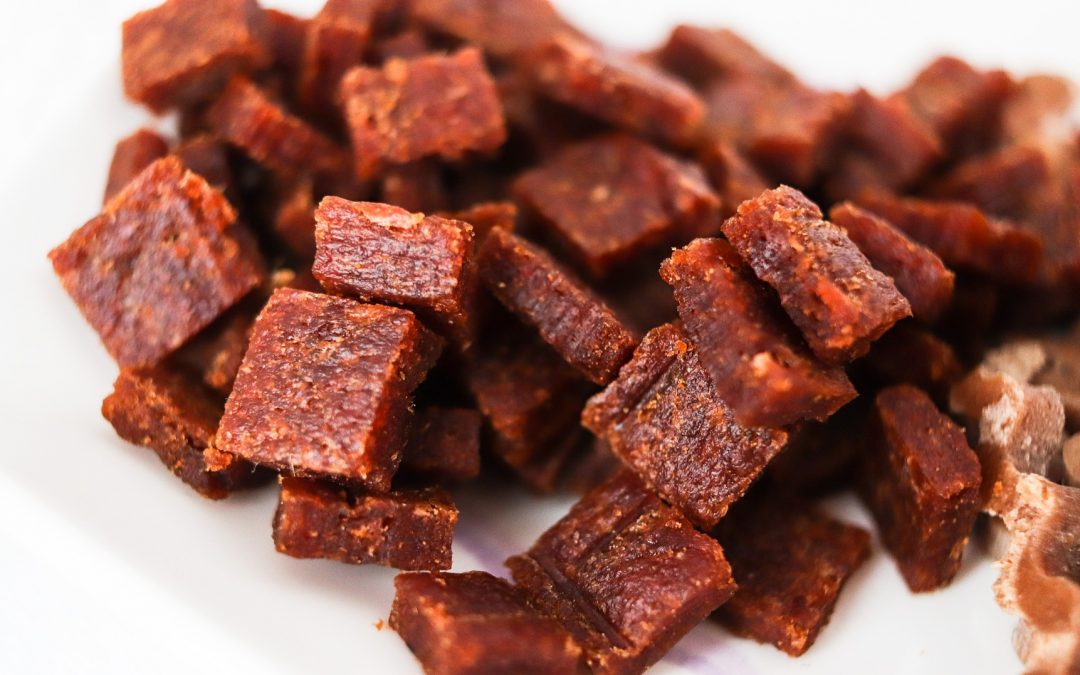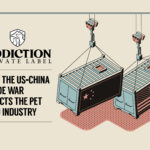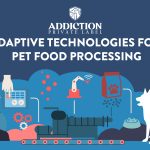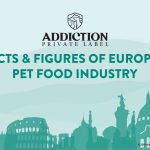Have you thought of protecting your premium private label pet food from forces beyond your control? For example, DCM or dilated cardiomyopathy has wreaked havoc on some of the dog food identified by The US Food and Drugs Administration. This could have been prevented by other manufacturers if they included taurine in their formulation as some dog food brands did.
But there’s no way one can predict what’s going to happen in the future. What you can do is to have preventive measures so something like this won’t happen to your premium private label pet food. Here are some ways to protect your premium private label pet food from such incidents.
-
Consult a veterinary nutritionist
It’s very important that your own recipe should be vetted by a veterinary nutritionist before you get into finding a private label partner. Your veterinary nutritionist will see if your recipe fulfills the minimum nutritional requirements needed by a dog or a cat. A veterinary nutritionist will be able to discern the needed nutrients for a dog food or cat food diet. It would also be a big help if your private label partner has its own food technologists and nutritionists.
-
“In-house” manufacturing
Make sure that your private label partner is not outsourcing its manufacturing process. This will minimize the chances of having the product being recalled. It will also give you and your private label partner easy tracking of the manufacturing process, plus greater control overall.
-
Carefully source your ingredients
It also helps if your private label partner has access to one of the world’s purest places to source and manufacture pet food—New Zealand. Sourcing from questionable locations opens your private label pet food to tainted or contaminated ingredients, aside from poor quality.
-
Separate cooked from raw ingredients
A manufacturing plant should have separate areas for cooked ingredients from raw ones. Raw or uncooked ingredients have contaminants, eg. bacteria that might taint the cooked and processed ingredients. Ensure that the plant’s facilities not only have separate areas but constructed in a way that transfer of contaminants are minimized or eliminated at all, eg. ventilation systems are in place, and that proper handling is observed, eg. protective clothing for personnel, foot baths, etc.
-
Ensure your PL partner has high quality control standards
Your private label partner must have protocols in place, from their standard operating procedures down to their quality control. Standards should be world-class, if not meeting the standards set by the governing body where the manufacturing plant is based or located.
Is the manufacturing equipment regularly cleaned, inspected, and checked? Is proper hygiene and cleanliness being observed in the manufacturing plant? You might have to visit the manufacturing plant just so you can check if these standards are being observed.
These are just suggestions that might help you protect your premium private label pet food. Due diligence on your part will definitely help in dealing with unforeseen circumstances to protect your own recipe against force majeure like DCM.
Addiction Foods Private Label might prove to be the private partner you are looking for. We have our own manufacturing facility in New Zealand, giving us access to nature’s pantry in the cleanest place on earth. Partner with us and discover how Addiction Foods Private Label can help you and your private label. Start your journey now!
For further reading:
https://www.fda.gov/animal-veterinary/animal-health-literacy/information-marketing-pet-food-product
https://smallbusiness.chron.com/regulations-making-selling-dog-treats-14515.html
https://globalfoodsafetyresource.com/six-steps-reducing-incidence-pet-food-recalls/#








